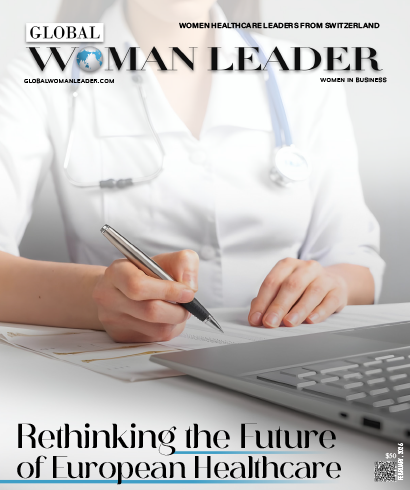- The Gates Foundation has pledged $2.5 billion to drive research and development (R&D) in women's health
- The initiative funds key areas of women's health, such as maternal, menstrual, gynecological, and sexual health
The Gates Foundation has entered a historic investment commitment of $2.5 billion to catalyse research and development (R&D) in women's health, to be funded through to 2030. The investment will support over 40 innovations in five under-invested areas of women's health—gynecological, maternal, menstrual, and sexual health—focusing on improving the delivery of care for women in low- and middle-income countries.
The foundation referenced a 2021 McKinsey & Company report, which found that just 1 percent of healthcare R&D is directed toward female conditions outside of cancer. Key conditions such as preeclampsia, gestational diabetes, endometriosis, heavy menstrual bleeding, and menopause, which affect hundreds of millions of women, are all substantially under-researched.
President of the Gates Foundation's Gender Equality Division Dr. Anita Zaidi reiterated the call for change:
"For too long, women's health concerns have been ignored or poorly understood. We hope this investment will catalyze a new age of women-focused innovation—where women's experiences and voices are at the heart of health R&D".
Anita further stated that while this represents the foundation's biggest-ever investment in women's health, it is still short of what is really required. She termed women's health as an "investable opportunity", rather than a cause for philanthropy, with huge potential to spur scientific advances and social change.
Bill Gates, Chairman of the foundation, seconded this view:
"Women's health improves entire communities—it strengthens families, economies, and drives justice. But it is woefully underfunded. That must change."
The foundation has also encouraged governments, investors, philanthropists, and the private sector to co-invest and assist in making new treatments and healthcare solutions available to women and girls across the globe.
The five investment focus areas have been determined by data and feedback from women in low-resource contexts where diagnostic gaps and healthcare access are most severe.
Bosede Afolabi, who is a professor of obstetrics and gynecology at the University of Lagos, pointed to the actual effect of underinvestment:
"We see women suffer—and sometimes die—because we lack innovation in understanding and treating conditions that uniquely affect them. This commitment could be transformative for women in the most underserved regions."
Along with enhancing health, the investment also will yield back in societal and economic benefits overall. It is already proven that for every dollar invested in women's health, there is a $3 return on economic development, and it has been projected to add $1 trillion to the economy between 2040 and the current period by bridging the gender health gap.
This R&D initiative supports the Gates Foundation's ongoing efforts to expand access to universal vaccines, reproductive health commodities, and children's health services consistent with its commitment to gender equality and global health development.
Most Viewed
🍪 Do you like Cookies?
We use cookies to ensure you get the best experience on our website. Read more...
Copyright © All rights reserved. Global Woman Leader

.png)
